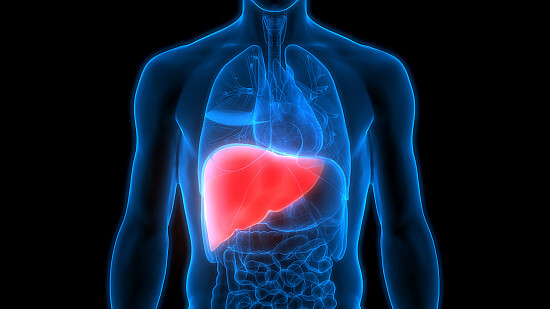Type 1 diabetes in kids: Be aware of causes and early symptoms
Tue 25 Jul 2023, 23:15:19

Type 1 diabetes is a serious condition that can affect anyone, including children. It affects how the body produces insulin, which is a hormone that helps the body use glucose for energy. Without insulin, glucose builds up in the bloodstream and can cause serious symptoms. That’s why it’s important to be aware of the early symptoms of type 1 diabetes, so you can get your child the help they need as soon as possible.
Now fortunately, according to the IANS reports, the Yogi Adityanath government in Uttar Pradesh has decided to implement the instructions given by the National Commission for Protection of Child Rights (NCPCR) for the protection of children in the state and has also issued necessary guidelines by allowing diabetic children to carry insulin and glucometer to school.
One of the most common early symptoms of type 1 diabetes in kids is increased thirst and urination. This is because glucose is being excreted in the urine, which causes your child to become dehydrated. They may also have an increased appetite because their body isn’t getting enough energy from glucose, and they’re trying to make up for it by eating more. Other signs and symptoms of type 1 diabetes in kids include weight loss, fatigue, irritability, and blurred vision.
If you notice any of these
signs and symptoms in your child, you should contact your doctor right away. They may do a blood test to check for elevated blood sugar levels, which is an indication of diabetes. If your child is diagnosed with type 1 diabetes, there are several ways you can help them manage their condition.
signs and symptoms in your child, you should contact your doctor right away. They may do a blood test to check for elevated blood sugar levels, which is an indication of diabetes. If your child is diagnosed with type 1 diabetes, there are several ways you can help them manage their condition.
One of the most important things you can do is work with your child’s healthcare team to create an individualised diabetes management plan. This plan should include information about meal planning, physical activity, and medication or insulin use if necessary. You should also ensure that your child is getting regular check-ups with their doctor to monitor their blood sugar levels and overall health.
It’s also important to help your child understand what type 1 diabetes is and how to manage it on their own. As they get older, they may be able to do more of this on their own, but it’s still important for them to have a support system and know that you’re there for them if needed.
Finally, make sure that your child is getting the emotional support they need to cope with having type 1 diabetes. It can be difficult to adjust to this new diagnosis and lifestyle changes, and it’s important for them to know that they aren’t alone and that you are here to help them through it.
No Comments For This Post, Be first to write a Comment.
Most viewed from Health
AIMIM News
Latest Urdu News
Most Viewed
May 26, 2020
Which Cricket team will win the IPL 2025 trophy?
Latest Videos View All
Like Us
Home
About Us
Advertise With Us
All Polls
Epaper Archives
Privacy Policy
Contact Us
Download Etemaad App
© 2025 Etemaad Daily News, All Rights Reserved.

























.jpg)




